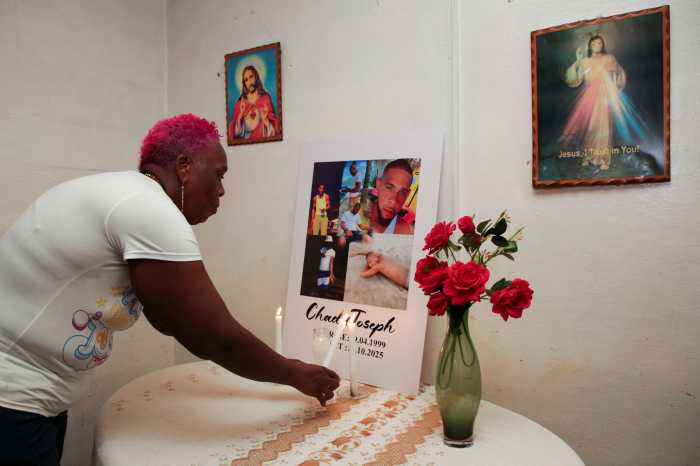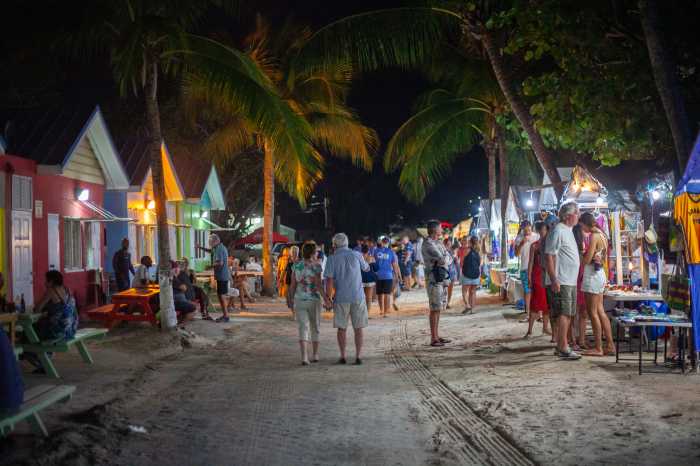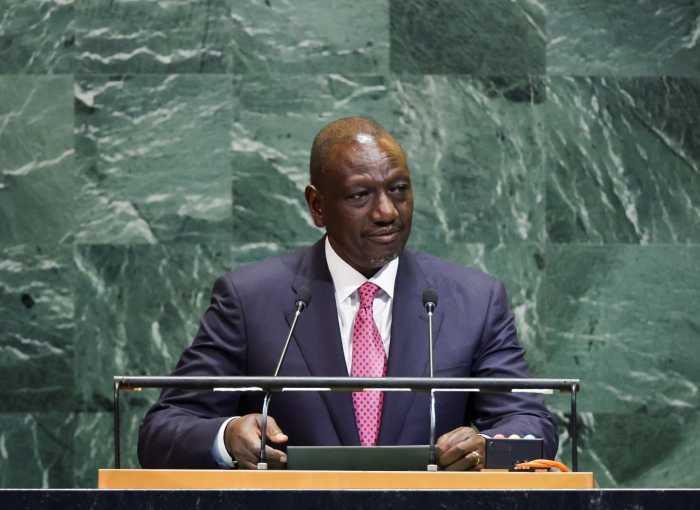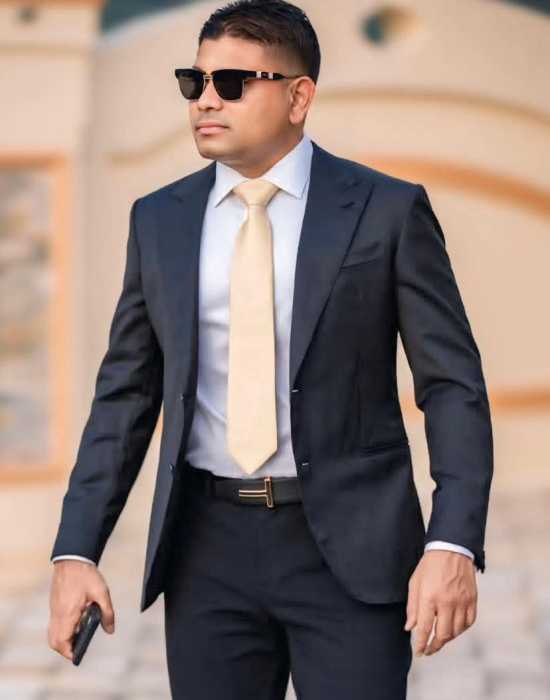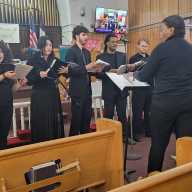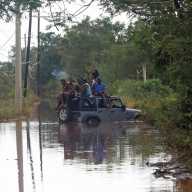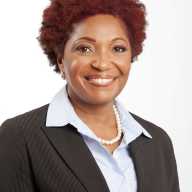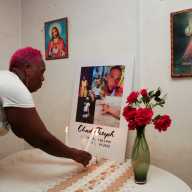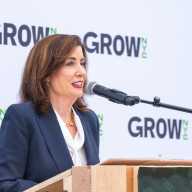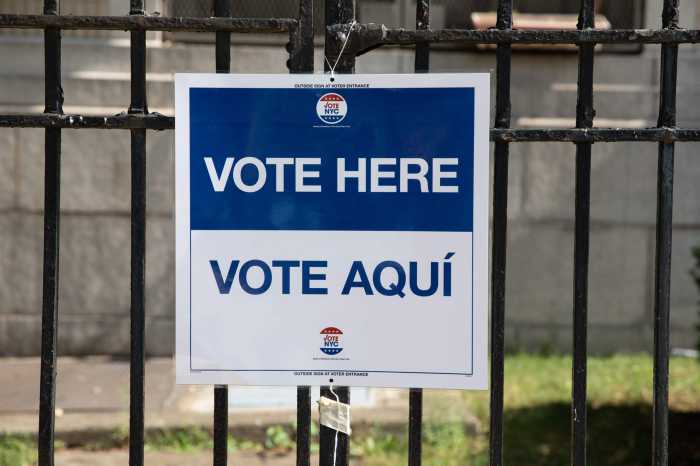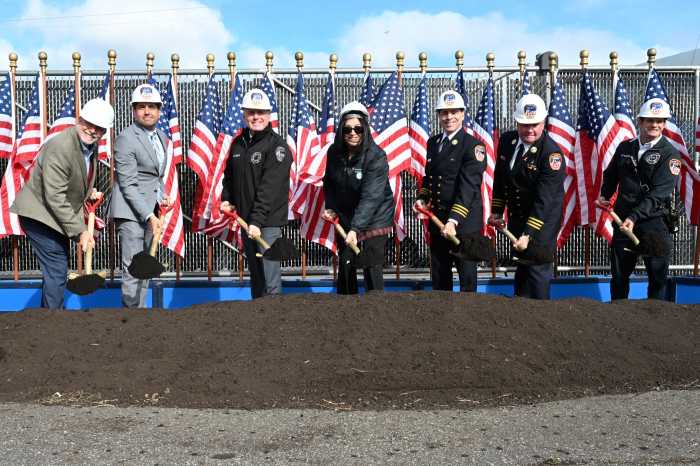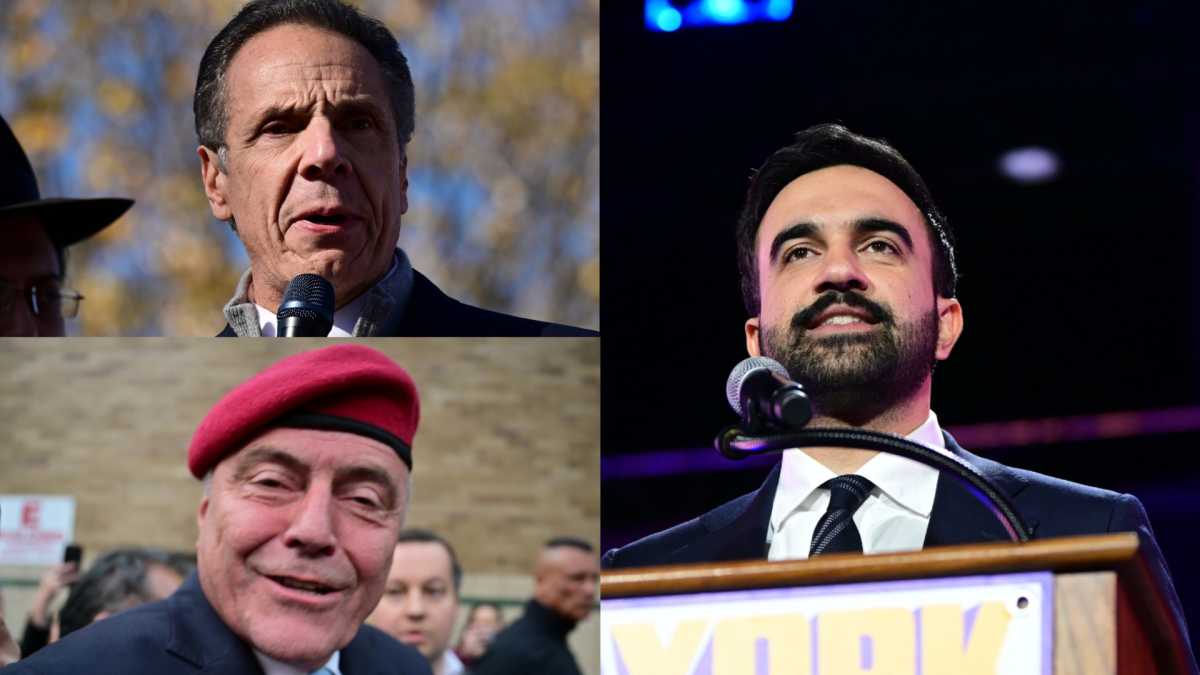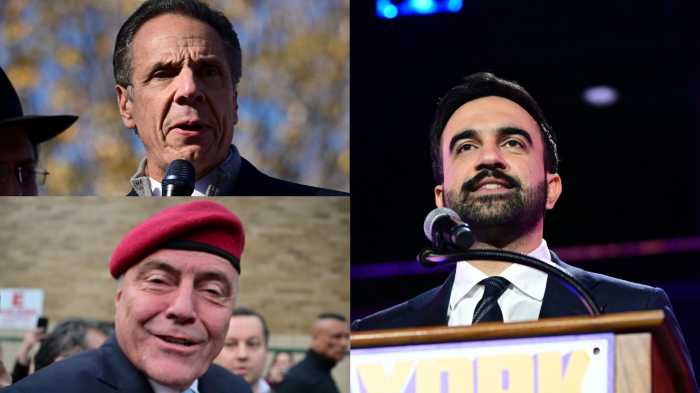Bahamas
The Bahamas is among the CARICOM countries that has indicated its intention to be be part of a United Nations Security Council, approved year-long multi-national security mission to Haiti.
The international community seeks to restore peace and stability in the French-speaking CARICOM country where criminal gangs have been engaged in kidnappings, rape, and murders since the July 2021 assassination of President Jovenel Moise.
The head of the Royal Bahamas Defence Force (RBDF), Commodore Raymond King, said recruitment efforts were being hampered by plans to send officers to Haiti as recruits were opting to join other law enforcement agencies instead.
“What we’ve realized, particularly with this recruitment exercise that is pending, we would have lost a number of candidates who decided to move to the other armed forces because when the conversation comes now to being deployed to Haiti, it’s a reality check for a number of persons in terms of ‘Do I want to make the ultimate sacrifice in joining the Royal Bahamas Defence Force,” he told a news conference.
Barbados
Barbados Prime Minister, Mia Mottley recently called for more controls on methane during the international climate (Cop28) talks in Dubai.
“The reality is that the global methane agreement that the world needs to see has not yet come,” said Mottley, who called climate change “a death sentence for many.”
“While we are seeing countries move towards greater regulation, we need to be able to have concrete action with respect to the controlling of methane largely because its damage in the near term is far greater than even CO2,” she added. Mottley continued by suggesting the responsibility should lie with oil and gas companies in being more active in cutting the emissions.
“We need strong regulation and compliance to ensure that we can minimize the extent to which that continues to lead and hurt the world in the hotter temperatures.” Mottley also expressed thanks for the progress so far, including the Loss and Damage Fund, but called for it to be properly funded.
Caribbean
Inter-American Development Bank (IDB) and the Barbados-based Caribbean Development Bank (CDB) recently signed an addendum to their 2020 Mutual Cooperation Agreement to develop a new action plan to bolster collaboration and co-ordination among the organizations in the Caribbean region. The agreement was also signed with the IDB Invest.
“The addendum to the existing agreement includes a three-year action plan for strengthening the resiliency ecosystem including, capacity building on project execution, joint research and knowledge-sharing activities and co-financing for private sector growth,” said CDB President, Dr. Hyginus “Gene” Leon at the signing ceremony on the sidelines of the United Nations Climate Change Conference (COP 28).
“These initiatives are critical flagstones along the path to resilient prosperity. We look forward to the enhancing of this partnership with IDB as we could not deliver on these programs on our own,” he added.
IDB President Ilan Goldfajn said the Washington-based financial institution, IDB Invest and the CDB reinforce their commitment to identifying synergies and enhancing collaboration for the benefit of the entire Caribbean.
Guyana
Guyana’s President Irfaan Ali has called on Venezuelan President Nicolas Maduro to retract his “missteps” as Maduro declared the Essequibo region to be a part of Venezuelan territory on the Dec. 3 referendum.
Ali said he had already spoken to the secretary general of the UN and several other leaders in CARICOM, OAS, the Commonwealth, the US, Brazil, UK and France.
The Guyana Defence Force was also put on full alert but as Guyana mobilized its defences, but Ali still called for peace.
“All we do in Guyana is to ensure that this region remains a region of peace. Our only ambition is for peace and for the territorial integrity of Guyana to be respected; nothing more and nothing less.”
Calling Maduro’s actions “adventurous and reckless,” he said the actions of the Venezuelan government would only result in more uncertainty in the region, especially for the Venezuelan people.
“We will not allow our territory to be violated, nor the development of our country to be stymied by this desperate threat.”
Ali also told his people they were safe, and that international counterparts have promised support. He added that the government of Guyana is doing everything to ensure its safety.
St. Kitts and Nevis
The St. Kitts-based Eastern Caribbean Central Bank (ECCB) has launched a commemorative two-dollar polymer banknote featuring a portrait of the former West Indies legendary cricketer, Sir Vivian Richards, affectionately known as “The Master Blaster.”
The issuance of the note forms part of the ECCB’s year-long celebration of its 40th anniversary under the theme, ECCB@40: A Year of Reflection, Celebration and Implementation.
The two-dollar commemorative note will be available at commercial banks throughout the Eastern Caribbean Currency Union from Dec. 6. The note marks the first time that a reflective silver ink, a gold iridescent ink and a holographic blue foil have appeared together on a banknote, representing an innovation in global currency design and security.
The ECCB serves as the central bank for Antigua and Barbuda, Dominica, Grenada, St. Lucia, St. Vincent and the Grenadines, St. Kitts and Nevis, and Montserrat.
Trinidad and Tobago
Trinidad and Tobago’s Prime Minister, Dr. Keith Rowley, met with BP’s interim CEO, Murray Auchincloss to discuss deep-water exploration and future projects. The meeting took place at BP’s London headquarters and was attended by the Minister of Energy and Energy Industries, the Minister in the Office of the Prime Minister, and the president of BP Trinidad and Tobago.
However, former Minister of Energy Kevin Ramnarine expressed concern about a lack of transparency between the parties involved in any potential shareholder agreement to be signed. He also lamented that natural gas production remains low in Trinidad and Tobago. Ramnarine predicted that bp’s production of natural gas could dip below one billion cubic feet in the next 12 to 15 months. He claimed that Train’s 2, 3, and 4 are operating at around 60% capacity, which is insufficient.
Ramnarine suggested that deep water exploration could be a solution to the natural gas shortage facing Trinidad and Tobago. However, he warned against relying solely on the Dragon Gas Deal. He called for diversification of the economy and acceleration of deep water exploration.
Energy expert Anthony Paul welcomed the government meeting with energy stakeholders but hoped it was preceded by an agreement on clear actions and deliverables. Dr. Rowley noted that Train 1 allowed the government to negotiate Trains 2 and 3’s outcome.
— Compiled by Devika Ragoonan


